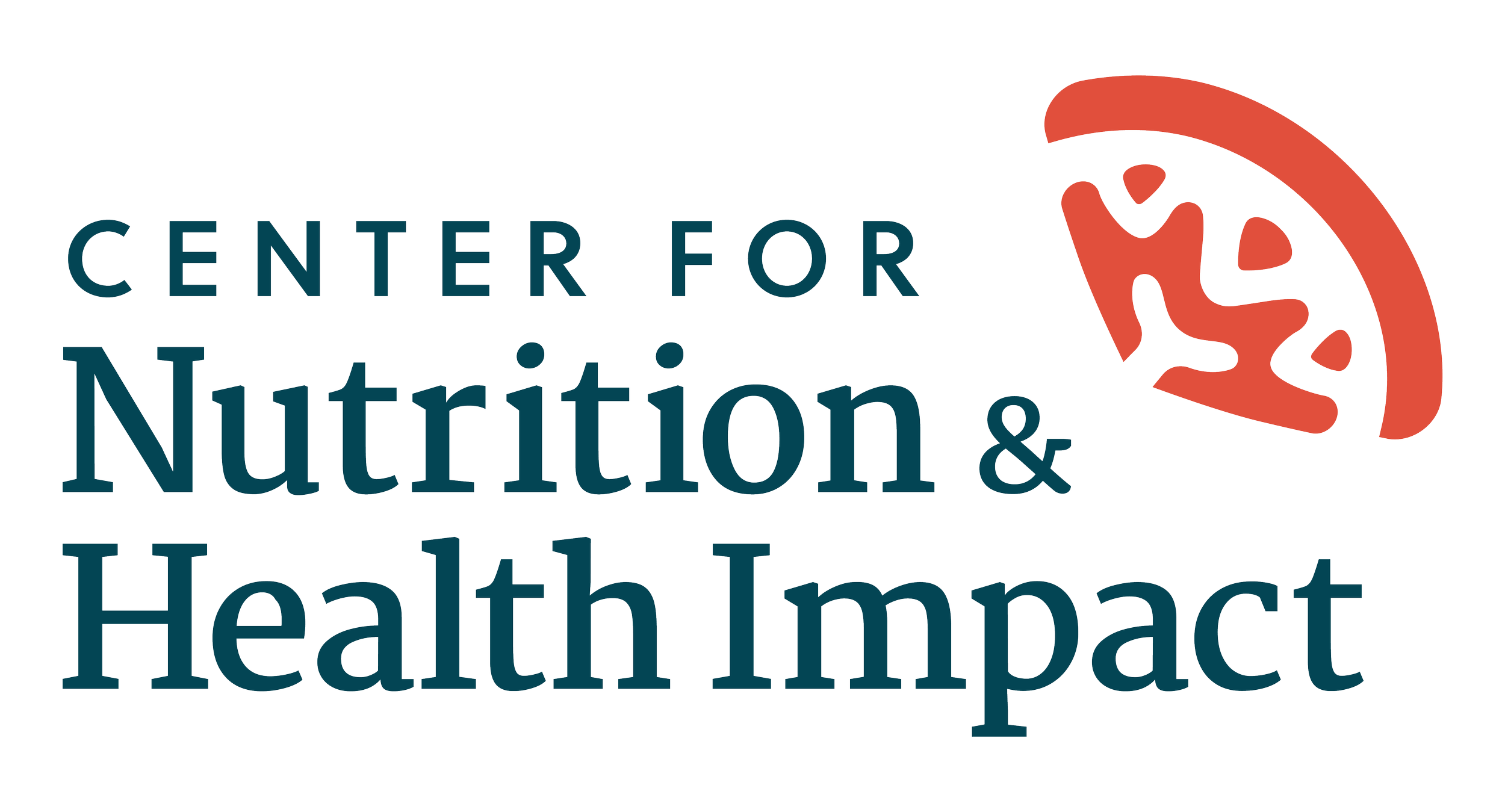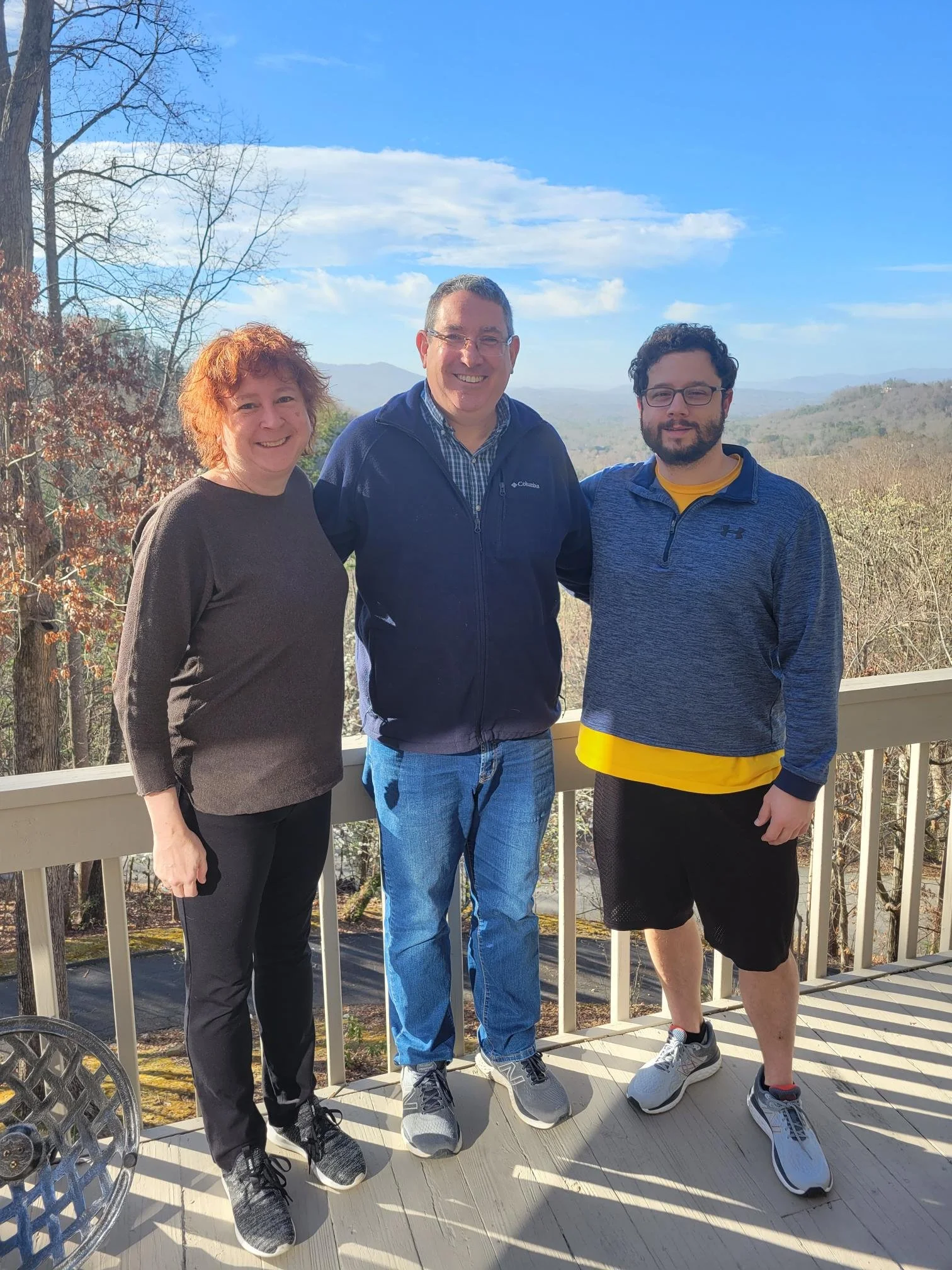Partner Feature: Prof. Aron Troen, PhD
------- + -------
This interview was originally published in the March 2023 CNHI newsletter.
Prof. Aron Troen earned his Bachelor of Science in Biology at the Hebrew University of Jerusalem, Israel, in 1996 and doctorate in Physiological Sciences at Oxford University, England, in 2000. Prior to returning to Israel to join the Robert H. Smith Faculty of Agriculture, Food and Environment at the Hebrew University of Jerusalem, Troen was a faculty member at the Friedman School of Nutrition Science and Policy and the Jean Mayer U.S. Department of Agriculture Human Nutrition Research Center on Aging at Tufts University. Throughout his career, Troen has focused on social determinants of health and disease to drive evidence-based policy reform aimed at improving food security, reducing food- and nutrition-related health disparities and understanding the biological connection between dietary quality and brain health.
Today, Troen is Director of the Master of Science Program in Biochemistry Food and Nutrition Science and Director of the Nutrition and Brain Health Laboratory at the Hebrew University of Jerusalem. He also serves on several government committees on nutrition, health and food security, including the Myers-JDC-Brookdale Institute steering committee for evaluation the Israeli government’s Front of Package Labeling (FOPL) policy.
How did you first meet Dr. Amy Yaroch?
I was e-introduced to Dr. Amy Yaroch by Dr. Lindsey Smith Taillie at UNC Chapel Hill for which I will always be in Lindsey’s debt. I first met Amy on Zoom and I immediately felt a strong connection and sense of appreciation for shared interests and outlook. I was thrilled when the opportunity arose to invite her and Dr. Eric Calloway to attend a series of food security science and policy meetings that I was working on to advance evidence-based food security policy in Israel. By the time they arrived to share the knowledge and experience of the [Center for Nutrition & Health Impact (CNHI)] with us, it was as if we had been friends and colleagues for a long time. And in late February, I visited them in the U.S. for a “writing retreat” where we worked to outline plans for a collaborative binational grant on Nutrition Security and Sustainability.
Pictured above: Executive Director Dr. Amy Yaroch, Professor Aron Troen and Senior Research Scientist Dr. Eric Calloway at Dr. Yaroch’s home in Asheville, North Carolina.
From your perspective, please share how evidence-based policies on nutrition, health and food security play a critical role in the Israeli food system, especially since the onset of the COVID-19 pandemic.
Israel and the U.S. share some similarities in being prosperous countries with, on the one hand, highly developed agriculture and industrial food systems, and, on the other hand, large wealth and health disparities with low rates of food security. We also have important differences: Israel has gradually shed its socialist welfare-state protections but still maintains a very advanced public health system. About 16% of the population experience low food security. While Israel does have good prenatal monitoring programs and a large, diversified food bank network, we have minimal government support for food insecurity, an insufficient school feeding program and no WIC-like programs.
The U.S., on the other hand, has higher rates of food security and the Federal Government supports SNAP, WIC and School Feeding programs, along with major investments in nutrition and public health and welfare research. That includes the fantastic work done in the GusNIP and Food as Medicine Programs, and the Training and Evaluation support for it by [CNHI]. As a member of the Academic Advisory Committee to Israel’s National Nutritional Security Council, I was thrilled for the positive interest that Amy and Eric’s presentations received from the Council, Civil Service professionals in the Ministry of Health and the Ministry of Welfare, and the academic and NGO Civil Society community of food security researchers and practitioners.
I believe we have much to learn from the U.S. experience, for better or for worse. My hope is that if we can adopt and adapt the insight gained in the U.S. and apply it to the Israeli context, we will be able to not only improve support for Israel’s people experiencing low food security, but also generate fundamental insight into interventions to alleviate the vexed problems of hunger and food security existing in the midst of plenty.
Over the course of your career, your research and public service activities have evolved into investigating food policy reform, anti-hunger legislation and food security in Israel and examining how Israeli policies affect health disparities experienced by populations which are made vulnerable. Explain to us what that means to you and the difference you intend to make in the field.
Pictured above: Prof. Aron M. Troen, PhD, Director of MSc Program in Biochemistry, Food and Nutrition Science - The Robert H. Smith Faculty of Agriculture, Food and Environment at the Hebrew University of Jerusalem, Israel.
I trained as a basic scientist in nutritional neuroscience and much of my research dealt with how nutritional deficiencies affect the brain and cognition, including neurodevelopment and neurodegenerative disease. If we believe what our science shows - that adequate nourishment is essential for healthy neurocognitive development and function throughout life - then we have a moral obligation and societal self-interest to ensure that all people always have access to adequate food to meet their physical and social needs for a healthy, active life. We simply can’t afford the profound harm and costs to individuals and society imposed by unfair, unsustainable and unhealthy food systems. Specifically, I am involved in research, education and public health policy activity to improve the nutritional quality of food systems by obtaining evidence on micronutrient deficiencies in Israel and advocating for food micronutrient fortification, such as mandatory salt iodization, flour folate, vitamin B12 fortification and milk vitamin D fortification.
We are also evaluating the new Israeli Front of Package Labeling (FOPL) policy together with colleagues at the Robert H. Smith Faculty of Agriculture, Food and Environment at the Hebrew University of Jerusalem, as well as in several collaborations with Barry Popkin and Lindsey Smith Taillie at UNC Chapel Hill Gillings School of Public Health and Nanette Ströbele-Benschop at the University of Hohenheim in Germany. We are deeply involved in trying to assess and assist the welfare and policy responses to Israel’s chronic and painful food security problem. This includes research on measuring and mapping food security in its various dimensions, understanding its manifestation in Israeli populations who are marginalized, characterizing the philanthropic food bank network which has filled the vacuum left by the State and evaluating various aspects of the partial, non-universal school feeding program in Israel. Doing so successfully requires a commitment to continually learning from state-of-the-art research overseas and thinking in a comparative research context. This means building relationships and sharing our insights with stakeholders, policymakers and practitioners in Israel and abroad, improving policy responses through professional and scientific organizations, such as the Israel Academy of Science or the Israel Association of Public Health Physicians, training the next generation of socially aware registered dietitians and nutrition scientists, and bringing international colleagues to bear on the policy process as it relates to food system transformation, and national and international food security.
Ultimately, my goal is to address the social determinants of health and disease: To drive evidence-based policy reform to increase food security, help people avoid the poverty trap and reduce food- and nutrition-related health disparities. This mission has become more urgent than ever before as the combined stresses of the COVID-19 pandemic, geopolitical and domestic instability, and climate change have revealed the vulnerability of our domestic and global food systems and social protections - especially in liberal, Western democracies such as Israel and the U.S. Strengthening democracy includes strengthening public health and welfare - and nutrition security is key to that endeavor.
Do you have any food rituals, habits or philosophies for your personal life that you would like to share?
I’m glad to have found a way to combine my intellectual curiosity with a socially useful endeavor. I think that part of my synthetic and interdisciplinary approach to science stems from my personal life experiences and being exposed to different cultures in Israel and the U.S. I am curious about different languages and cultures, and interested in seeking connections and building bridges between them. This includes bridging different disciplines in science (such as basic neuroscience and nutrition) or between scientists, advocates and policymakers. I enjoy engaging with students and opening doors to the next generations of nutrition scientists and I hope the sum of this activity will ultimately make people's lives better.
In many ways, my personal experience and heritage informs my public and universal outlook. My bar mitzvah Torah portion included the Jewish dietary laws, as well as laws and commandments relating to social justice, and a Haftorah reading from Isaiah. The connection between these seemingly arbitrary dietary laws and socially meaningful commandments is not obvious and has been the subject of a rich tradition of rabbinic learning. For me, the observance of these ancient rituals is a reminder to consciously uphold the universal and timeless humanitarian ethic, beautifully and poetically expressed (in Hebrew) by the prophet Isaiah (58; 5-8):
Is such the fast I desire, A day for men to starve their bodies?
Is it bowing the head like a bulrush, And lying in sackcloth and ashes?
Do you call that a fast, A day when the LORD is favorable?
No, this is the fast I desire:
To unlock fetters of wickedness, And untie the cords of the yoke,
To let the oppressed go free, To break off every yoke.
It is to share your bread with the hungry, And to take the wretched poor into your home;
When you see the naked, to clothe him, And not to ignore your own kin.
Then shall your light shine through like the dawn, And your healing spring up quickly;
And your Justice will go forth and precede you…
For me, this is what nutrition security scholarship, collaboration, teaching and advocacy is all about.



